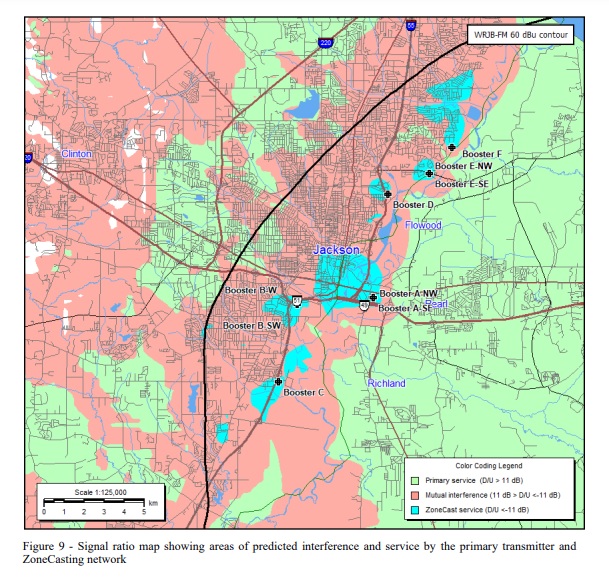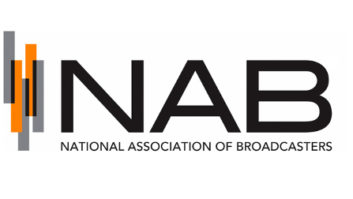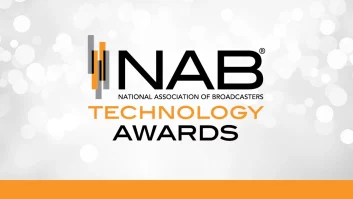This story has been updated with a different graphic that better illustrates the findings in the Kean report.
The National Association of Broadcasters is dismissive of the ZoneCasting experimental testing data provided to the FCC by GeoBroadcast Solutions.
In fact, NAB told the FCC that GBS rigged the tests, that it “effectively attempted to ‘catfish’ the commission by submitting only glowing test results for extremely circumscribed, specifically engineered situations” and that it failed to address numerous critical issues raised by the FCC and the radio industry.
NAB insists that allowing FM boosters to originate programming on a limited basis for geo-targeting would cause harmful interference and be catastrophic to the radio business model. It said that “permitting ZoneCasting’s operation will almost certainly drive listeners away from terrestrial radio and put listeners’ safety at risk” and asked that the FCC reject the proposed rule change.
Several other broadcasters also have filed fresh opposition with the commission.
Strong words
Some background: The FCC in an April public notice sought input on studies submitted to the commission by GeoBroadcast Solutions in respect to experimental FM booster operations at KSJO(FM) in San Jose, Calif., and WRBJ(FM) in Brandon, Miss. (If you recall, the FCC rejected a request by the NAB and NPR to delay this week’s deadline for comments.)
ZoneCasting was created by GBS in 2011 and has been in development since, according to the tech company. ZoneCasting uses a series of FM boosters spread across a radio market that allows FM broadcasters to provide localized programming and advertising for specific geographic areas for short periods of time.
The NAB was already on record against the idea. Now it says the two recent field tests used an “artificially favorable design,” and described the results as “invalid and/or useless” and not supportive of GBS’s claim that ZoneCasting can be deployed without negatively impacting the listener experience.
“To the contrary, these tests — and the fact that more robust, objective tests were not pursued — make clear that ZoneCasting will cause unacceptable interference that harms consumers and undermines the public interest,” NAB told the FCC.
NAB spelled out two kinds of approaches to testing any proposed technology. One puts the technology through a system of real-world challenging scenarios to discover potential flaws, the other is designed to put a system’s best foot forward and cover up blemishes, it said.
“While the FCC and the radio industry critically needed to see and review the first kind of test, GBS’s efforts are squarely developed to serve the latter, more cosmetic, purpose,” NAB wrote. “GBS has studied ZoneCasting’s impact in a few handpicked scenarios, ignored the vast majority of more likely situations, insufficiently addressed ZoneCasting’s impact on digital radio, and failed to comprehensively measure ZoneCasting’s effects on actual listeners.”
NAB continued: “Regardless, even with GBS’s cherry-picked scenarios, its results still demonstrate that the public will be harmed if GBS’s proprietary systems are permitted to be employed.” The tests confirm, according to NAB, that listeners in cars traveling at 60 mile per hour “even in GBS’ most ideal route for traversing the artificially minimized interference area caused by ZoneCasting may experience interference for up to seven seconds.”
To support its arguments, NAB submitted its own engineering analysis of the GBS data, prepared by John Kean, senior engineer at Cavell, Mertz & Associates, and commissioned by the NAB and NPR. In the analysis he identifies what NAB calls a series of omissions and skewed reporting in the GBS tests.
Kean said he designed and built a scientific listener-based test system to measure the effects of GBS’s technology on the quality of radio audio between the primary and booster stations and develop and recommend acceptable listening parameters.
NAB believes Kean’s findings show that “the commission should save itself more time, effort and energy by swiping left on GBS’s rigged tests.”

Others weigh in
The ZoneCasting rulemaking proposal is also opposed by iHeartMedia, Audacy, Cumulus Media, Beasley Media Group, Salem Media Group and Connoisseur Media, among others. In their own joint comments, those broadcasters call the testing of the GBS technology “woefully incomplete” and completed within “cherry-picked” testing environments.
“GBS’s self-serving rationale that the commission should focus on the time to traverse such (FM booster) interference zones at 60 miles per hour completely ignores the everyday reality for radio listeners of clogged rush hours, traffic congestion due to accidents, and slow passage on city streets with traffic lights,” the broadcasters commented.
The radio broadcasters are also on record with their concern that emergency alert information could potentially be interrupted by geo-targeted boosters. In addition, they worry that radio stations that do not launch ZoneCasting in a market could be economically damaged by those who do deploy the technology.
“The lack of transparency in GBS’s testing methodology makes it extremely difficult to duplicate or confirm its field tests, given that many parameters were not stated, and it was even unclear whether the tests employed the current ZoneCasting technology,” according to the most recent joint comments.
National Public Radio is another ZoneCasting critic that believes data from the most recent experimental field tests are incomplete. It cites the Kean report and its findings that ZoneCasting co-channel interference regions are much larger than GBS admits and that the technology threatens the integrity and viability of the FM service.
“NPR has concluded that revision of the commission’s rules as proposed to permit authorization of the ZoneCasting technology is not warranted, and GBS’s petition should be denied with no additional experimental authorizations granted,” NPR wrote in its comments to the FCC.
GBS response
Radio World invited a response from GBS.
“We are confident that geo-targeting technology for radio is a viable and outstanding opportunity for radio stations, listeners and advertisers,” said spokesman Robert Udowitz.
“Interestingly, our critics were once our champions, including NAB, which first supported geo-targeting radio technology because it was clear that hyper local is in the interest of an industry dedicated to localism,” he continued.
“Then for some reason, the NAB switched sides, and the reasons for the about-face continue to shift. First, it was because the technology was racist. When that was shown to be false, the NAB insisted geotargeting would be bad for business. This was provably false given every other communications platform can and does geo-target its audience. So now, in the final stages of the FCC’s review, the NAB claims geotargeting is somehow unsafe. Whatever the NAB’s motivations may be, the FCC’s record shows that the vast majority of radio station owners support geotargeting.”
Radio World will report on additional comments filed by others in a follow-up story.
Replies in the FCC rulemaking proceeding (RM-11854) are due June 21.





